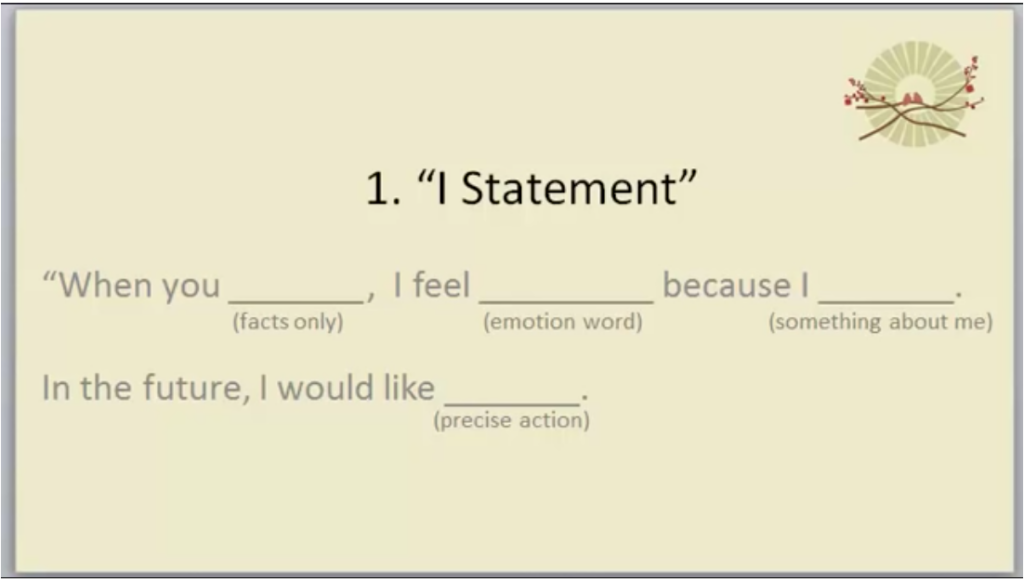Funnily enough, a tweet of mine inspired this piece.
With the advent of the Internet, tech giants promised us better communication. With the world at our fingertips, we’re now able to connect with someone halfway around the world within moments. But, with the creation and expansion of social media, the opposite has happened. One is expected to “keep in touch” via the social profiles of their friends and family.
What if you’re not on social media? Well then, good luck to you! But, why, though?
The unfortunate world we live in
Communication and contact never revolved around being glued to screens and especially not by waiting for your friend’s next Tweet, Facebook post, or Instagram story. Phone calls, emails, and handwritten notes—they all sound like something from a different age, despite still being readily available to use.
In today’s age, communication has become quick and somewhat hollow. The almighty “Algorithm Gods” keeping people within their bubbles, discourse and discussion have become near impossible.
Healthy Communication 101
But, it’s not all terrible. There are ways to regain your ability to communicate in a more healthy manner which would, in turn, create a more positive environment in your life. Who wouldn’t like less negativity in their life, am I right?
So with that, here are some tips to becoming a more healthy communicator:
Get in touch
Becoming a healthy communicator starts with realizing that communication is a two-way street. If you’ve been slacking on keeping in touch with a loved one, you best change that as soon as possible.
But, if you’re the party constantly keeping in touch, then that relationship is not worth maintaining any longer—no matter who the person may be.
Think before you speak
Words have power. Humans wield that power every single day, every time they communicate with a fellow human being. Our words can bring joy, laughter, happiness—but they can also bring sadness and pain.
Always take a moment to process what you want to say to someone, especially when tensions are high. It is much easier to defuse a situation when we don’t default to our instinct of “fighting back”.
Don’t play the blame game
Never play the blame game—never use “blaming language”. Even if the actions of one person very obviously hurt your feelings, do not use blaming language. Don’t focus the conversation on what the other party did or said; focus on how it made you feel.
Avoid using “you language” when speaking about something that has happened and try to use “I language” instead. Don’t say, “You were totally not listening to me!” — instead, say, “I felt unheard when you were on your phone while I was talking to you.” Here is a great formula to use in these situations:

For example:
“When you are on your phone while I speak, I feel disheartened because I don’t feel listened to. In the future, I would like your full attention when I’m trying to tell you something.”
Never, ever tell a lie
Don’t fool yourself—a white lie is still a lie. Omission of information is still lying. Aside from the emotional toll of having to keep track of all the lies, you may have told, no matter how much you believe the truth will hurt, lying will hurt more.
Tell the whole, honest truth whenever you speak to someone—especially when it pertains to them. Yes, some people can’t handle the truth, but ultimately the truth will not only set them free, but it’ll set you free too.
Listen
The most crucial aspect of a conversation is not the talking that occurs; it’s the listening. When someone says something hurtful, our first reaction tends to be to cut them off and tell them they’re wrong—to correct them. That then normally leads to a vicious cycle of a back and forth that never truly gets resolved.
Instead, just shut up and listen. Listen until the other party is done talking. The best way to ensure that you truly have been listening is to immediately repeat what the other person has said, but using your own words. Make sure you understand what they are saying before you think of your response.
Here is a quote from the book Daring to Love by Tamara and Robert Firestone:
“In a conversation, there is only one thing you can be sure of—what you are thinking about or feeling in the moment. You can be sure of nothing else—not your partner’s thoughts, feelings, or perceptions, and not even the reality of what is going on between the two of you. For this reason, the only subject you can talk about with any authority is yourself and how you are feeling.”
Being a healthy communicator
While you may not encounter healthy communicators a lot of the time, that shouldn’t mean that you should fall back into unhealthy habits. One simply needs to put in the effort to get better at communicating, and as the saying goes: “Practice makes perfect”. Stay strong, and keep practicing. You may find that once you start practicing these healthy communication tips, others around you will follow.
Healthy communication should be a positive cycle, but if you find that the other party refuses to change their communication style, perhaps consider distancing yourself from them. We only live this one life, and we should live it as positively as possible.
More From LWOS Life
Make sure to stay tuned to LWOS Life for more on this and other stories from around the world of entertainment, culture and more, as they develop. You can always count on LWOS Life to be on top of the major news in the world of entertainment; whilst also providing you with editorials on everything from beer to movie reviews.
Featured image credit

